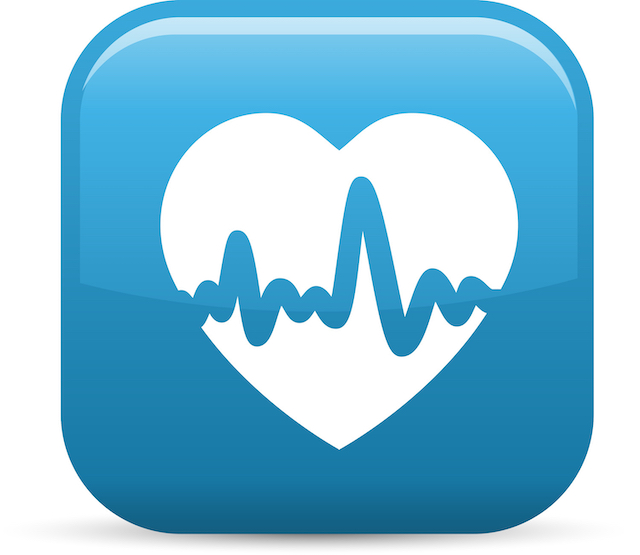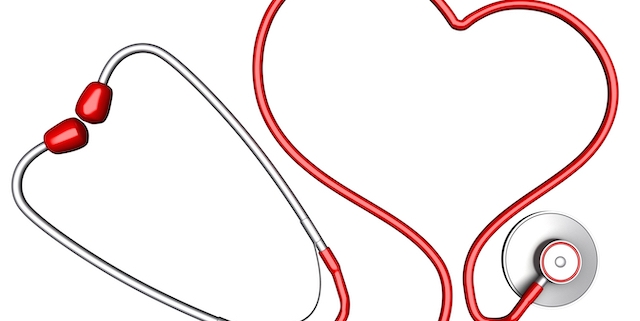Too Much of Anything Can Be a Bad Thing: High Cholesterol
 College of DuPage Nursing Student Kaela Jean-Pierre shared that in modern times, health care providers focus most of their time and effort on preventative medicine. They invest their time into diagnosing and treating hypercholesterolemia as a preventive measure for cardiovascular disease, which is the leading cause of death in the United States, causing 1 in 4 deaths. Hypercholesterolemia is defined as the presence of high levels of cholesterol in the blood. Understanding the importance of cholesterol and improving it is important for individuals of all ages to reduce the risk of heart disease and strokes.
College of DuPage Nursing Student Kaela Jean-Pierre shared that in modern times, health care providers focus most of their time and effort on preventative medicine. They invest their time into diagnosing and treating hypercholesterolemia as a preventive measure for cardiovascular disease, which is the leading cause of death in the United States, causing 1 in 4 deaths. Hypercholesterolemia is defined as the presence of high levels of cholesterol in the blood. Understanding the importance of cholesterol and improving it is important for individuals of all ages to reduce the risk of heart disease and strokes.
What is Cholesterol?
Cholesterol is a waxy, fat-like substance that is made by the body naturally and found in the bloodstream and the cells. Cholesterol is essential in generating hormones, building cells, and substances that aid in food digestion. Cholesterol is needed to maintain a healthy body but just like the saying, “too much of anything is bad”, meaning in this case, too much cholesterol can be detrimental for the heart. There are at least two types of cholesterol: high-density lipoprotein (HDL), the “good” kind of cholesterol, and low-density lipoprotein, a kind of “bad” kind of cholesterol. HDL (High-Density Lipoprotein protects the heart from heart disease. It removes LDL (Low-Density- Lipoprotein) from the body and prevents it from buildup in the arteries. LDL cholesterol increases the risk of heart disease because it leads to plaque buildup on the inner wall of the arteries.
What Causes High Cholesterol?
When there’s an excess amount of cholesterol in the blood, it forms plaque in the walls of the coronary arteries leading to vasoconstriction of the blood vessels that supply oxygenated blood to the heart. This condition is also atherosclerosis. The most common causes of hypercholesterolemia are unhealthy diets, lack of physical activity, age, and family history. Stress can also affect cholesterol levels, just like hypertension. Untreated high cholesterol can lead to cardiovascular disease, stroke, and heart failure.
When Should Individuals Get Screened?
The misconception of screening for cholesterol or other medical conditions only applies to adults; however, children can have hypercholesterolemia as well as adults. If a child has at least one parent that has hypercholesterolemia, they can also inherit it which is called familial hypercholesterolemia. This puts them at risk for early heart attack stroke; therefore, it is essential for children to get screened for high cholesterol levels.
How is High Cholesterol Managed?
Just like with hypertension, cholesterol levels can be managed with a cardiac healthy diet low in sodium and saturated fats, the moderate-intensity exercise of at least 30 minutes a day, smoking cessation, and medication depending on the severity of the condition.
Conclusion
Anyone at any age can have high cholesterol levels. It is up to individuals to be proactive and take control of their health to lower the risks of cardiovascular disease. It is important to get screened for high cholesterol sooner rather than later because it is a gradual process and excess cholesterol can accumulate in the body potentially leading to a heart attack or a stroke; therefore, although, cholesterol is needed in the body, too much of it can be harmful to the body.
References
Prevention and treatment of high cholesterol (hyperlipidemia). www.heart.org. (n.d.). Retrieved October 1, 2021, from https://www.heart.org/en/health-topics/cholesterol/prevention-and-treatment-of-high-cholesterol-hyperlipidemia.
Centers for Disease Control and Prevention. (2020, January 31). Knowing your risk: High cholesterol. Centers for Disease Control and Prevention. Retrieved October 1, 2021, from https://www.cdc.gov/cholesterol/risk_factors.htm.
Mayo Foundation for Medical Education and Research. (2021, July 20). High cholesterol. Mayo Clinic. Retrieved October 1, 2021, from https://www.mayoclinic.org/diseases-conditions/high-blood-cholesterol/symptoms-causes/syc-20350800.


Leave a Reply
Want to join the discussion?Feel free to contribute!